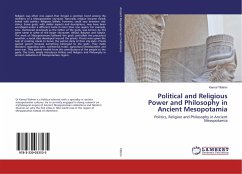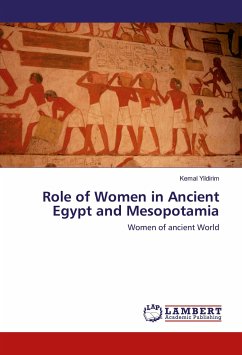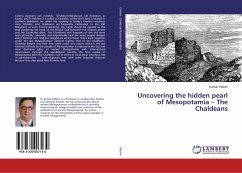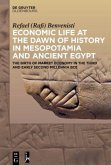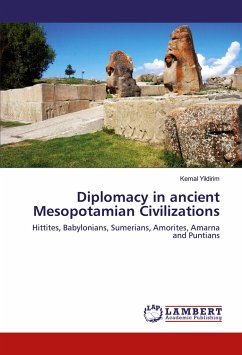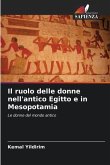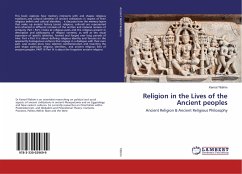Religion was often one aspect that forged a common bond among the members of a Mesopotamian city-state. Naturally, religion became closely linked with politics. Religious beliefs, however, could vary between city-states. Some gods, with similar aspects and descriptions, may have been worshiped under a different name in more than one region. For example, Anu, mentioned previously as the father of the gods, was known by this same name in some of the larger city-states: Akkad, Babylon and Assyria. The most of Mesopotamians believed the gods controlled the precarious weather, a social class developed around the priests. Priests were given the task of creating rituals to honor the patron deity of their city-state. Priests gained power because everything belonged to the gods. They made decisions regarding land, commercial trade, agricultural development and even war. They gained wealth from the contributions of the people to the gods. This book simply introduces Politics and Religion and Philosophy in ancient civilizations of Mesopotamian region.

